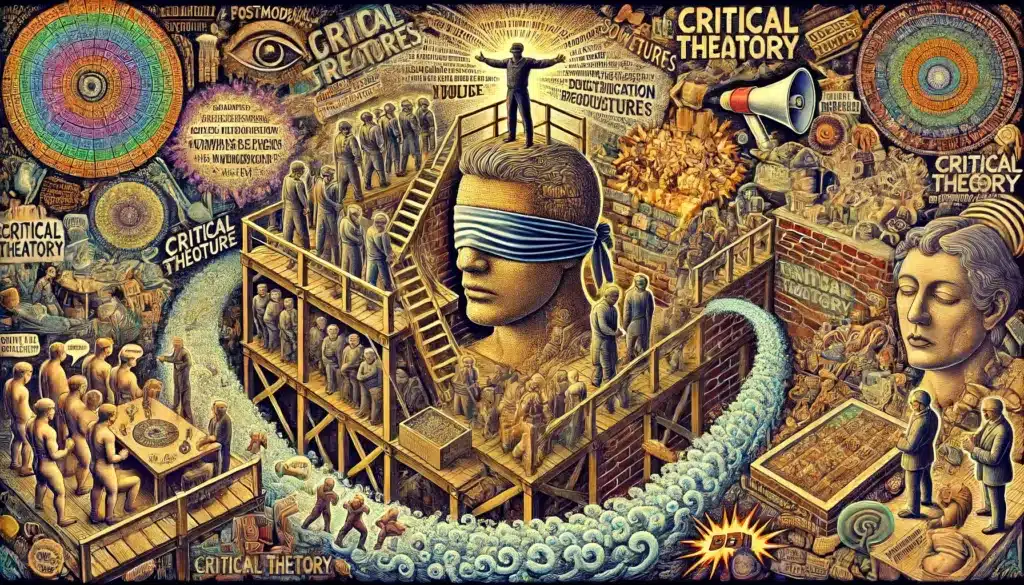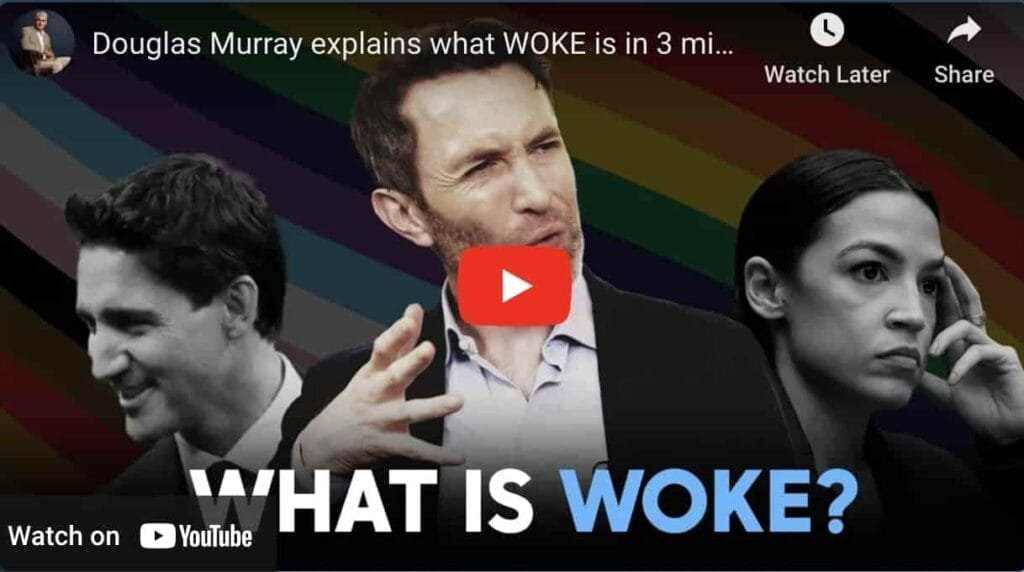Woke Racism the Infantilisation Trap
In today’s world, conversations about racism are often framed in terms of “oppressor” and “victim.” On the surface, this seems to be about justice and fairness. But if we dig deeper, it starts to look like a system that keeps people stuck in a state of permanent childhood. Woke Racism the Infantilisation Trap.
The idea may sound harsh, but let’s break it down. What if, instead of empowering people, this way of thinking actually traps them—by casting one side as the guilty adult and the other as the helpless child?
The Oppressor as the “Adult”
In this story, the oppressor—usually described as white people—is always portrayed as the one with power. They are given responsibility for history, for society, and even for the feelings of others.
- The oppressor is guilty of past and present wrongs.
- The oppressor must carry the burden of fixing everything.
- The oppressor is never allowed to step outside this role.
Like an adult in a household, they are permanently cast as the one “in charge”—whether they want it or not.
The Victim as the “Child”
The victim role sounds sympathetic, even protective. But look at what it actually means in practice: the victim is treated like a child.
- Children are not expected to take responsibility.
- Children need adults to speak for them.
- Children cannot make decisions without guidance.
When an entire group is told again and again that they are victims, they are also told—often without realising it—that they are powerless and dependent. They are trapped in a position of “perpetual childhood.”
Who Really Benefits woke racism?
Here’s the difficult question: who gains from this arrangement?
It may look like the victim benefits by receiving protection. It may look like the oppressor benefits by keeping power. But in truth, the biggest winners are the people who position themselves as protectors—the ones who claim the authority to speak on behalf of victims and demand change from oppressors.
- The victim stays dependent.
- The oppressor stays guilty.
- The protectors stay in control.
This cycle is less about liberation and more about keeping everyone locked into roles that serve the system.
Why Infantilisation is Harmful
At first glance, treating someone like a victim may seem like kindness. But real kindness means respecting people enough to see them as equals. Infantilisation is the opposite. It keeps people from growing, from standing on their own, and from being recognised as capable adults.
When one side is cast as guilty forever, and the other as powerless forever, equality is impossible.
Towards Real Equality
True equality does not come from keeping people in roles of adult and child. It comes from recognising that all adults are capable of responsibility and independence. It means ending the cycle of guilt and dependence, and refusing to treat people as if they are fragile children who cannot cope with life.
Real liberation is not about creating permanent victims and permanent oppressors. It is about allowing everyone to stand as equals: responsible, capable, and free.
FAQs – woke RACISM
What does “infantilisation” mean in this context?
It means treating adults as if they were children—removing their responsibility and independence under the excuse of protecting them.
How does the oppressor–victim model create infantilisation?
By framing one group as guilty adults and another as helpless children, it locks people into roles that deny them equality and maturity.
Who benefits from this system?
The so-called “protectors” gain the most. They hold moral authority and political power by keeping one side guilty and the other dependent.
Why is this way of thinking harmful?
Because it prevents growth and equality. People treated as permanent victims are discouraged from taking responsibility, while others are condemned to endless guilt.
What is real equality?
Real equality means treating everyone as adults: responsible for their own choices, independent, and capable of shaping their own future.


